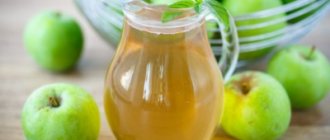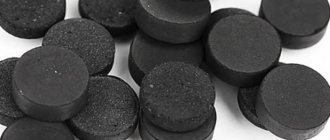Doctors recommend that nursing mothers eat dried fruits. These are healthy products that extremely rarely cause allergies and digestive disorders in infants. At the same time, they have a beneficial effect, energize and invigorate.
The body absorbs dried fruits more easily than fresh fruits. At the same time, the dried product retains all its beneficial properties. Dried fruits can replace sweets during breastfeeding. In addition, you can make a delicious compote from dry fruits.
Fruits are dried in various ways. You can take the whole fruit, half or individual pieces. Can be dried with or without seeds, in the sun or in the shade. There are several types:
- Raisin;
- Dried apricots;
- Dried bananas;
- Dried figs;
- Prunes;
- Dates.
Dried fruits help mother and baby cope with constipation during breastfeeding. They will strengthen the immune system and saturate the body with vitamins, soothe stomach upsets and improve digestion.
Useful properties of raisins for breastfeeding
Raisins are obtained by drying grapes. The dried fruit, rich in vitamins, helps with fatigue and stress, charges the body with energy and gives strength. It performs a number of useful functions in the body of a nursing mother and baby:
- Normalizes sleep and helps with insomnia;
- Relieves depression and depression;
- Strengthens blood vessels and heart;
- Stabilizes the activity of nerve cells;
- Strengthens the immune system and effectively fights viral infections;
- Improves brain function;
- Treats anemia;
- Preserves vision.
Thus, raisins are an excellent sedative during lactation, which helps to cope with bad mood and mental disorders. In addition, raisins strengthen the bodies of mother and baby during breastfeeding.
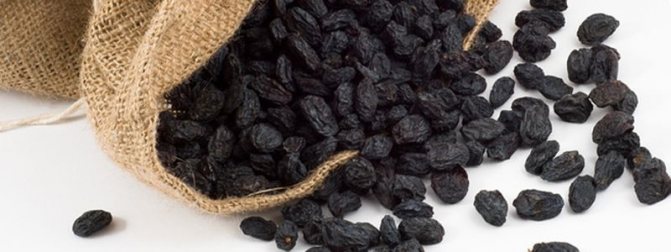
Can nursing mothers eat raisins?
Raisins can be quite dangerous during lactation, because they contain 8-10 times more sugar than grapes. Therefore, the chance of developing diathesis in a baby is quite high. But if you want something sweet, it’s better to eat some dried fruits than chocolate.
Another reason to be careful is the ability of this dried fruit to cause gas formation; during colic, it can aggravate the situation. It is better to introduce raisins during breastfeeding at 2-3 months of the baby’s life.
You can boil the raisins a little and infuse it, you will get a very tasty drink, and if you add apples to it, it will become even healthier. Compote with raisins is an excellent option for introducing this dried fruit into the diet during lactation. If the baby accepts it well, you can try further.
Vitamins and useful elements
| Substances | Action |
| Vitamins B1, B2 and B5 | They improve sleep, normalize the functioning of nerve cells, ensure proper metabolism in the body, and are a good antidepressant. |
| PP (nicotinic acid) | Participates in cellular respiration and protein metabolism, regulates the functioning of nerve cells. |
| Potassium | Stimulates the heart, has a positive effect on kidney function, and normalizes skin condition. |
| Phosphorus | Improves memory and brain activity, strengthens bones and teeth. |
| Sodium | Regulates the exchange of water and salt in the body, maintains a normal heartbeat. |
| Calcium | Forms and maintains bone tissue, strengthens nails |
| Magnesium | Resists stress, allergies and inflammation, participates in blood clotting, |
| Iron | Protects against bacteria, builds immunity, resists viruses and helps with headaches |
Dried fruits and their benefits
Prunes are one of the most popular foods consumed by nursing mothers. It should be remembered that prunes are a laxative, so if you periodically have problems with stool, make yourself a prune compote or eat the fruit itself. But you should not overuse prunes, because their laxative effect can have a detrimental effect on the baby. Increased gas formation is one of the symptoms that you have gone too far with prunes. The pediatrician recommends starting to eat prunes only after the child turns 3 months old.
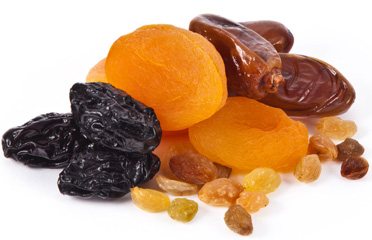
Dates are a rich source of amino acids and proteins. If a young mother suffered a difficult birth, losing a lot of blood, then she should think about consuming this dried fruit. If you have problems with lactation, dates will help improve this process, since this fruit contains oxytocin, a substance that promotes the production of breast milk. Dates will help form a strong bone system for your baby, as they contain a lot of magnesium and calcium.
The hormone melatonin is a substance that has a calming effect on the nervous system. Therefore, if you have trouble falling asleep, eat a date that contains this hormone. This fruit is rich in serotonin, which is responsible for the “happiness hormone,” so it will help cope with postpartum depression. It is important to remember that, like any other new product, dates should be introduced into the diet gradually, and then carefully monitor the child’s body’s reaction. If there are no signs of allergy, then you can safely increase the dose of dried fruit consumption.
How to eat raisins during lactation
Despite the usefulness of raisins, the product should be introduced into the diet carefully. An excess of raisins will cause colic, bloating or allergies in the baby. It is better to try raisins two to three months after the baby is born. During this time, the body will get stronger and adapt. The older the child, the less likely there is to have a negative reaction to a new food.
During the first test, eat a small raisin and monitor the baby’s well-being for two days. Remember that at the same time you cannot introduce another new product into your diet. You need to know exactly what food the baby’s body reacts to!
If there is no negative reaction, then you can introduce raisins into the diet of a nursing mother. If your baby develops a rash, redness, or an upset stomach, then postpone trying for at least a month.
If breastfeeding, before eating, raisins can be boiled for 2-3 minutes and left for at least one hour. The result will be an uzvar, which is much healthier than compote.
If you eat raisins as usual, then the dose during lactation is a small handful 2-3 times a week. Before use, rinse the berries with water and steam with boiling water.
You can also cook compote or make a baked dessert from apples with raisins. During breastfeeding, apples are one of the few fruits that can be consumed already in the first weeks of a baby’s life. Especially when baked.
To prepare this dessert, peel and core the apple. Place one tablespoon of raisins inside and place a piece of butter on top.
Place the apples in special baking dishes. Pour natural apple juice or drinking water into the mold. Bake for 45-50 minutes at 180 degrees.
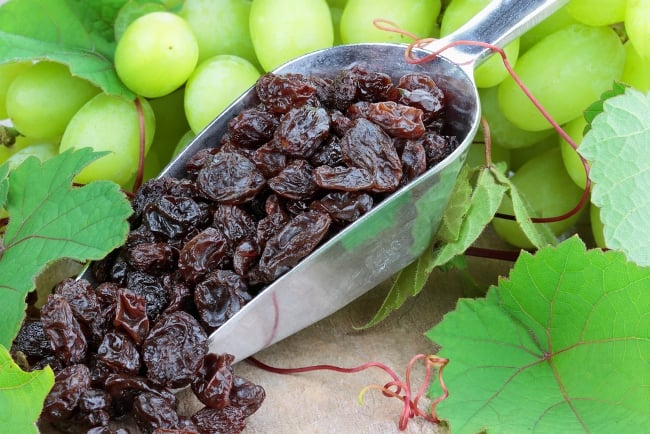
When and why should you not eat raisins while breastfeeding?
If you eat the product in small quantities, then most likely no negative reactions will occur. They accompany unlimited nutrition. A large amount of sugar means high calorie content of dried fruits, so people who are overweight or those who are losing weight should limit the amount of raisins in their diet.
The treat is an allergen. That is why it should not be eaten in the first months after childbirth. Allergies can occur in a baby even if the mother accepts the product well. Symptoms may include rash, itching, skin spots, cough, watery eyes, etc. If you notice such signs in your baby, immediately discard the product and consult a doctor. Due to the high sugar content, an infant may develop diathesis. Despite this, raisins are safer for breastfeeding than honey.
Raisins can cause colic and stool problems due to sugar, tannins and organic acids, so you should use them carefully when breastfeeding.
In addition, we should not forget that all products may have contraindications for use. In the case of raisins, they are as follows:
- obesity;
- diabetes;
- acute tuberculosis;
- ulcers in the stomach and intestines;
- acute heart failure, etc.
How to choose the right raisins
Low-quality raisins will harm both the baby and the mother. Therefore, choose your dried fruits carefully. Don't choose berries that are too hard or too soft. This indicates improper drying and storage.
Too bright a color indicates a lot of chemicals. Beautiful, uniformly colored and soft raisins are the result of the use of dyes and preservatives. Therefore, choose dark, opaque and wrinkled fruits.
There are four types of raisins:
- Regular - light, medium-sized berries with a seed;
- Sabza or “Kishmish” are light, seedless fruits;
- Bdana or shigani is the dark type that is most useful;
- Large – sweet raisins, which are made from the “Lady fingers” grape variety.
To prevent raisins from losing their beneficial properties, store dried fruits in a dark and dry place with good ventilation at temperatures up to 10 degrees Celsius. Under such conditions, the fruits can be stored for about a year.
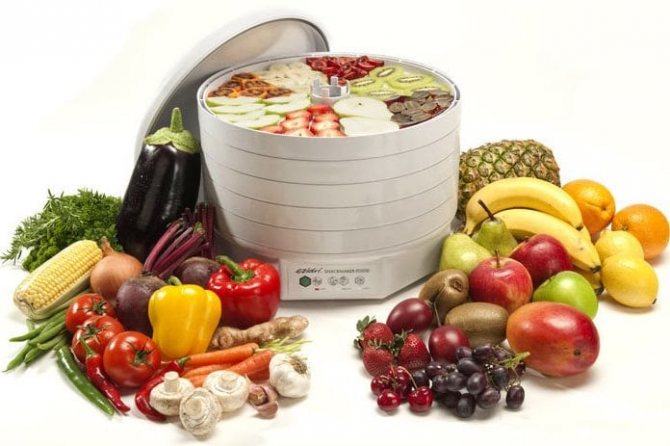
How to choose a good quality product?
The choice of products during breastfeeding should be approached with special responsibility, as they affect not only your health, but also your baby.
The color of raisins should be natural: light brown when choosing raisins from light grape varieties and dark blue or black, if from dark ones, respectively. The presence of shine indicates that the raisins have been treated with oil or other substances. The product should not be too hard or soft; it should spring back in your fingers.
You should not buy raisins that are stuck together. It can be treated with sugar syrup, like prunes during breastfeeding, for taste, which is not very healthy for nursing mothers. It is best if the product has tails and stalks. Such dried fruits are more useful.
The presence of sourness or foreign flavors should alert you. Real raisins are sweet. If the product is packaged, read what is written on it. The presence of chemical additives during breastfeeding is prohibited.
Possible uses of raisins during pregnancy
It is important for expectant mothers to limit the use of pharmaceutical drugs as much as possible. But since they are not insured against colds, coughs, and bronchitis (rather, on the contrary, because their immunity is reduced), raisins will come to the rescue. It can be used like this:
- Take 30-40 grams of washed raisins and soak in cold water for an hour. Then drain the water and consume the product before bed with hot milk.
- Pour boiling water over 100 grams of raisins. Leave for 10-15 minutes. Then drain the liquid and add a tablespoon of fresh onion juice. This drink should be consumed throughout the day.
Raisin decoction is also a good laxative. Since pregnant women often suffer from constipation, you can try to get rid of the problem with the help of this product. You need to take a handful of raisins, add a glass of water and boil for 2-3 minutes. Drink the decoction warm.
A mixture of raisins, dried apricots and nuts will be a good nourishment for an expectant mother who is engaged in mental activity. You should take equal proportions of the above products, grind them in a blender or meat grinder and place them in a glass container. You can also add honey there. This vitamin cocktail will ease mental stress, prevent anemia and saturate the body with substances useful for the child and mother. It is better to take this yummy in the morning, one tablespoon at a time.
– Elena TOLOCHIK
The benefits and harms of raisins during pregnancy
Surely not everyone knows that there are four types of raisins. Each of them is useful to one degree or another. On sale today you can find all types of raisins:
- Blue. This species does not contain seeds at all.
- Light green or white. This type of raisin is also seedless, but is smaller in size.
- Green. It is similar to olives. It has one large bone in the middle.
- Large green and blue raisins. It is very sweet and there are seeds inside each raisin. Of all the varieties of raisins, the dark varieties are the most valuable.
What are the benefits of this dried fruit for the expectant mother? The beneficial properties are due to the composition of raisins. It contains vitamins A and C, E and B1, B2 and B5. They are extremely important for the health of a pregnant woman and the formation of a healthy baby in her womb. Nicotinic acid, folic acid and biotin lower blood cholesterol levels and have a great effect on the circulatory system of both the baby and the mother. Calcium and boron, potassium and magnesium, iron and chlorine help the pregnant woman’s body maintain normal heart function and form the skeletal system of the fetus.
Please note that raisins are a high-calorie product. One hundred grams of berries contain 260 kilocalories. By eating a handful of raisins, a woman can fully satisfy the body’s calorie needs, that is, saturate it with the necessary amount of vitamins and microelements in one meal. Raisins can replace 1-2 dishes in terms of their calorie content. Based on this, women who have gained excess weight should not eat raisins as a dessert for the main course. After all, in this way they only oversaturate the body with nutrients and carbohydrates, which tend to transform into fats.
An important property of raisins for pregnant women is their saturation with iron. It helps a woman avoid anemia, and therefore oxygen starvation of the fetus. Often pregnant women suffer from iron deficiency and low hemoglobin in the blood, so the problem can be eliminated with the help of raisins.
This dried fruit will continue to be useful for a woman after childbirth, as it increases lactation. At the same time, the nutritional value and fat content of mother's milk will increase.
High-calorie dried fruit is prohibited for consumption by pregnant women who suffer from diabetes and tuberculosis, stomach and duodenal ulcers. This dried fruit is also contraindicated for those who suffer from enterocolitis.





